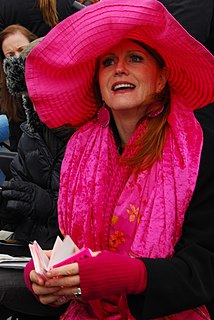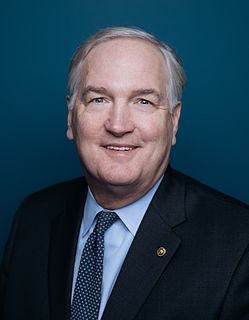Цитата Тома Рата
Если мои коллеги перестанут есть пончики и станут более активными, это сэкономит мне деньги на страховом взносе в следующем году, и я буду работать с людьми, у которых с каждым днем все больше энергии и творчества. Тем не менее, большинству организаций не удается сделать здоровье культурным приоритетом. Вместо этого они относятся к здравоохранению как к любым другим расходам.
Темы цитат
Активный
Любой
Коллеги
Творческий
Культурный
день
Пончики
Каждый
день
Еда
Энергетические
расходы
Неудача
Получить
здравоохранение
Здравоохранение
Вместо
страховки
Нравится
Заработать
больше денег
Большинство в
следующем
следующем
году
Организации
Другие
люди
Премиум
Приоритетные
сбережения
Хватит
лечить
Рабочий
год
Связанные цитаты
...В западной диете много денег. Чем больше вы перерабатываете любую пищу, тем выгоднее она становится. Индустрия здравоохранения зарабатывает больше денег на лечении хронических заболеваний (на которые приходится три четверти из 2 триллионов долларов США, плюс мы ежегодно тратим на здравоохранение в этой стране), чем на их предотвращении.
Для людей, у которых есть медицинская страховка, мы можем предложить реформы медицинского страхования, которые сделают страховку более надежной. И мы можем сделать это в основном за счет денег, которые, по мнению каждого эксперта, тратятся впустую и в настоящее время находятся в существующей системе здравоохранения.
В 2008 году я был одним из миллионов, объединившихся ради надежды и перемен. С наступлением 2010 года перемены кажутся мне чем-то вроде того же. Вместо мира мы получили больше войны. Вместо реформы здравоохранения у нас есть победа в отрасли, которая требует, чтобы американцы покупали медицинскую страховку без какого-либо реального контроля над расходами.
Проблема предоставления медицинской помощи всем не может быть решена, пока мы тратим огромные суммы денег на войну. У нас уже есть очень расточительная система здравоохранения, самая расточительная система здравоохранения в мире. Я имею в виду, что мы тратим больше всего денег и до сих пор имеем 40 миллионов человек без страховки. Сравните нас с Кубой. Куба — наш враг, которым управляет диктатор Фидель Кастро. Но люди на Кубе получают медицинское обслуживание, по крайней мере, такое же, как в Соединенных Штатах, при очень скудных ресурсах. Так что я думаю, что этот вопрос является самым важным внутренним вопросом.
авансовые деньги на самом деле обман, то есть я не получаю больше, пока они не будут выплачены в виде продаж, но, тем не менее, живя впроголодь и изо дня в день, как я, пятак в руке полезнее, чем тот же никель в следующем году. Что я знаю о следующем году? Я никогда не был там. Я не знаю никого, у кого есть.
Парады должны классифицироваться как неприятность, а участники должны быть приговорены к тюремному заключению. Они останавливают больше работы, причиняют неудобства большему количеству людей, останавливают больше движения, вызывают больше несчастных случаев, влекут за собой большие расходы и совершают и становятся причиной того, что я не помню других сотен проступков.
Лучший инструмент сегодня – это страхование долголетия – его называют страхованием доходов. Большинство людей знают ценность страхования жизни. Но что, если ты живешь? Поэтому вместо того, чтобы пытаться угадать одно или другое, вы планируете на эти 20 лет и получаете страховку дохода. Если вы живете после 85 лет, у вас есть деньги, которые гарантированы до тех пор, пока вы живете в виде аннуитета.
Те, у кого есть медицинская страховка, перестрахованы, и их поведение искажено моральным риском. Те, у кого нет медицинской страховки, используют свои собственные деньги для принятия решений на основе оценки своих потребностей. Страхователи расточительны. Незастрахованные осторожны. Итак, каково решение? Сделайте застрахованных немного больше похожими на незастрахованных.
Мои коллеги из Департамента поведения в отношении здоровья и санитарного просвещения работают над совместными инициативами общественного здравоохранения в Мичигане, и мы можем многому научиться друг у друга. На самом деле важно, чтобы мы активизировали усилия по обмену опытом и перестали рассматривать общественное здравоохранение в странах третьего мира и в США как отдельные интеллектуальные и практические усилия.


































